Refine search
Actions for selected content:
23990 results in Ancient history
Ancient Sources
-
- Book:
- The Ruin of Roman Britain
- Published online:
- 05 October 2013
- Print publication:
- 10 October 2013, pp 287-288
-
- Chapter
- Export citation
7 - The ruin of Roman Britain
-
- Book:
- The Ruin of Roman Britain
- Published online:
- 05 October 2013
- Print publication:
- 10 October 2013, pp 245-273
-
- Chapter
- Export citation
3 - Economic collapse
-
- Book:
- The Ruin of Roman Britain
- Published online:
- 05 October 2013
- Print publication:
- 10 October 2013, pp 73-117
-
- Chapter
- Export citation
2 - Violence and warfare
-
- Book:
- The Ruin of Roman Britain
- Published online:
- 05 October 2013
- Print publication:
- 10 October 2013, pp 15-72
-
- Chapter
- Export citation
Appendix A
-
- Book:
- The Ruin of Roman Britain
- Published online:
- 05 October 2013
- Print publication:
- 10 October 2013, pp 277-280
-
- Chapter
- Export citation
Dedication
-
- Book:
- The Ruin of Roman Britain
- Published online:
- 05 October 2013
- Print publication:
- 10 October 2013, pp v-vi
-
- Chapter
- Export citation
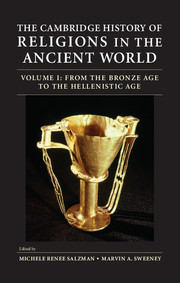
The Cambridge History of Religions in the Ancient World
-
- Published online:
- 05 October 2013
- Print publication:
- 18 March 2013
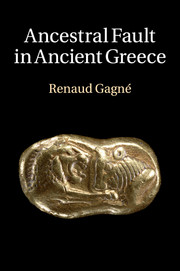
Ancestral Fault in Ancient Greece
-
- Published online:
- 05 October 2013
- Print publication:
- 07 November 2013
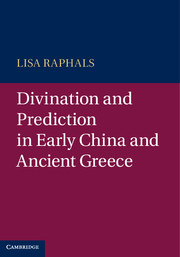
Divination and Prediction in Early China and Ancient Greece
-
- Published online:
- 05 October 2013
- Print publication:
- 17 October 2013
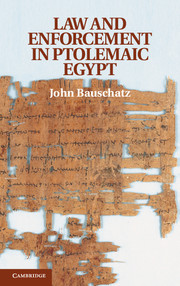
Law and Enforcement in Ptolemaic Egypt
-
- Published online:
- 05 October 2013
- Print publication:
- 14 October 2013
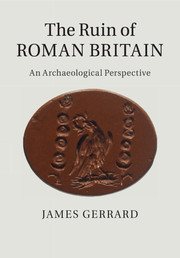
The Ruin of Roman Britain
- An Archaeological Perspective
-
- Published online:
- 05 October 2013
- Print publication:
- 10 October 2013
CHAPTER II
-
- Book:
- A History of Egypt
- Published online:
- 05 March 2014
- Print publication:
- 03 October 2013, pp 25-65
-
- Chapter
- Export citation
CHAPTER VII
-
- Book:
- A History of Egypt
- Published online:
- 05 March 2014
- Print publication:
- 03 October 2013, pp 165-182
-
- Chapter
- Export citation
APP. III - INSCRIPTIONS IN THE GHIZEH MUSEUM
-
- Book:
- A History of Egypt
- Published online:
- 05 March 2014
- Print publication:
- 03 October 2013, pp 183-195
-
- Chapter
- Export citation
CHAPTER III
-
- Book:
- A History of Egypt
- Published online:
- 05 March 2014
- Print publication:
- 03 October 2013, pp 66-102
-
- Chapter
- Export citation
Contents
-
- Book:
- A History of Egypt
- Published online:
- 05 March 2014
- Print publication:
- 03 October 2013, pp vii-viii
-
- Chapter
- Export citation
CHAPTER VIII
-
- Book:
- A History of Egypt
- Published online:
- 05 March 2014
- Print publication:
- 03 October 2013, pp 183-205
-
- Chapter
- Export citation
CHAP. VI - ESTABLISHMENT OF THE SUPREMACY OF THE CHRISTIAN CHURCH, 379–527 A.D
-
- Book:
- A History of Egypt
- Published online:
- 05 March 2014
- Print publication:
- 03 October 2013, pp 96-105
-
- Chapter
- Export citation
CHAP. II - THE FIRST CENTURY OF ROMAN RULE IN EGYPT, 30 B.C.–68 A.D
-
- Book:
- A History of Egypt
- Published online:
- 05 March 2014
- Print publication:
- 03 October 2013, pp 15-38
-
- Chapter
- Export citation
INDEX
-
- Book:
- A History of Egypt
- Published online:
- 05 March 2014
- Print publication:
- 03 October 2013, pp 249-262
-
- Chapter
- Export citation
